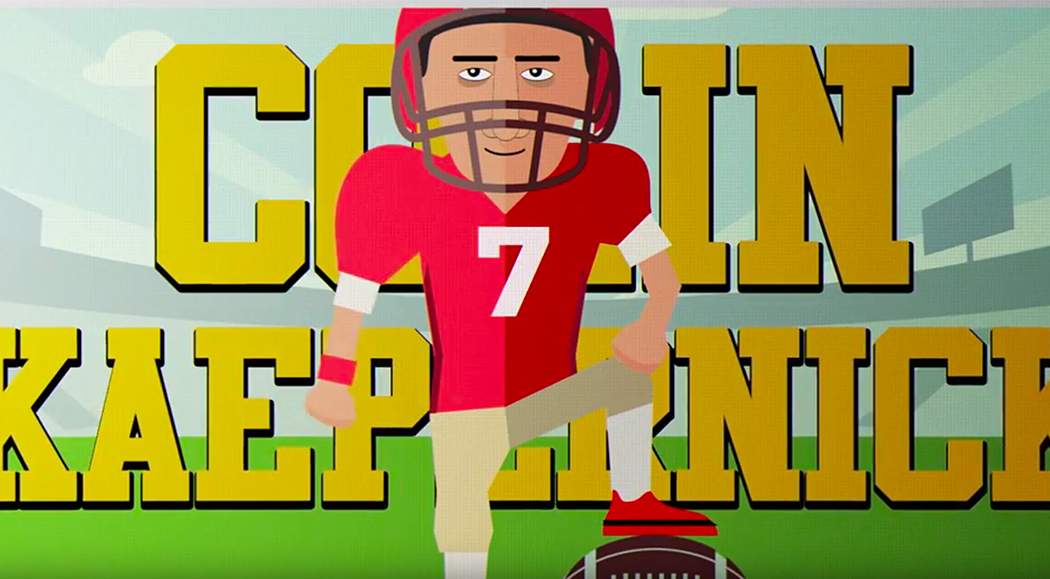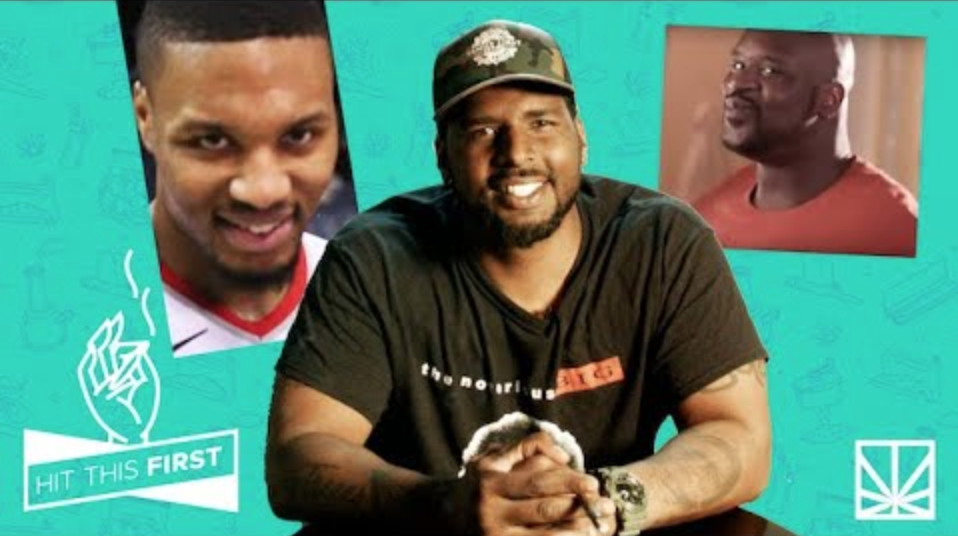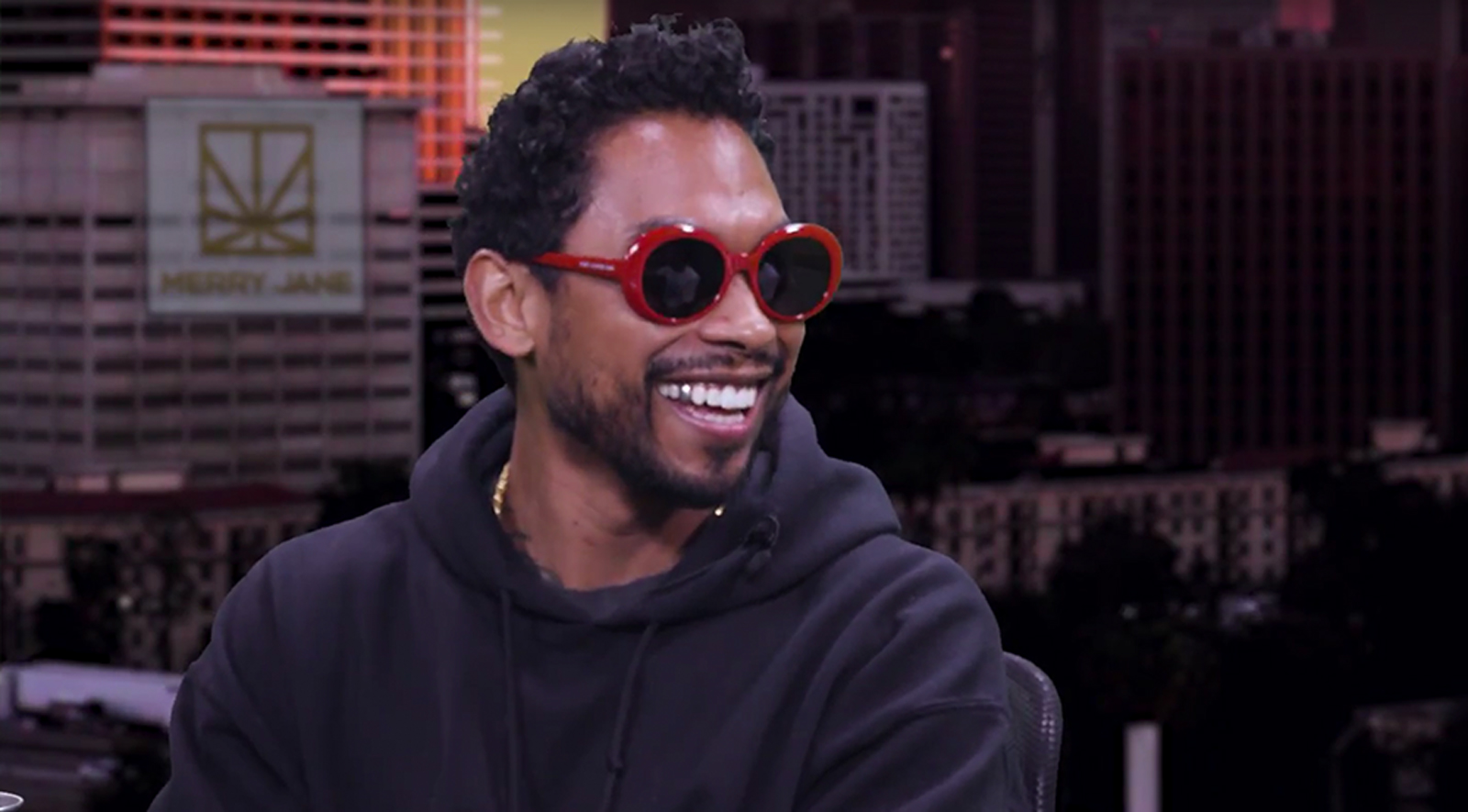Sports fans frequently complain about athletes playing it safe when a microphone is in their face. With contracts and endorsement dollars on the line, most players give reporters banal responses that won’t offend anybody. But what happens when a principled person actually takes a stand and says something of substance? In the case of San Francisco 49ers quarterback Colin Kaepernick, all hell seems to break loose.
On Aug. 26, before a preseason game against the Green Bay Packers, Kaepernick quietly sat down during the playing of the United States national anthem. When asked about it after the game, he explained that it was a form of protest: “I am not going to stand up to show pride in a flag for a country that oppresses black people and people of color,” he said. “To me, this is bigger than football and it would be selfish on my part to look the other way. There are bodies in the street and people getting paid leave and getting away with murder.”
Americans quickly took sides. Many critics diverted attention from the issue of police brutality and blasted Kaepernick for what they said was treasonous disrespect of the armed forces and people who’ve risked or given their lives to defend his rights—conveniently ignoring the fact that one of those is the right to free speech. They attacked his blackness—Kaepernick is half black, half white and was raised by adoptive white parents—and said that the rich pro athlete had had it too good to talk. With his play having diminished in recent years, they also said he should keep his mouth shut and focus on football. Some said the 49ers and the NFL, both of which supported his right to stand or sit, should kick Kaepernick to the curb.
Meanwhile, others—including many veterans—supported his act of protest and described it as the very essence of patriotism to use his platform and voice to stand against the ills of this country in an attempt to make it truly a great nation. Since his initial protest, which he changed to taking a knee to show respect for the military, other athletes have made similar gestures and spoken out on the issue of police violence against minorities. In fact, the entire Seattle Seahawks team will reportedly sit out the anthem this week. The protest has had such a great impact that even President Obama, who held a town hall on race and police violence in July in the wake of several killings, addressed it and backed Kaepernick for speaking up and forcing a national conversation.
Regardless of where you stand, or whether you stand, it’s undeniable that Kaepernick’s words were an important catalyst in getting everyone talking.











